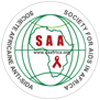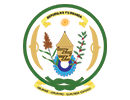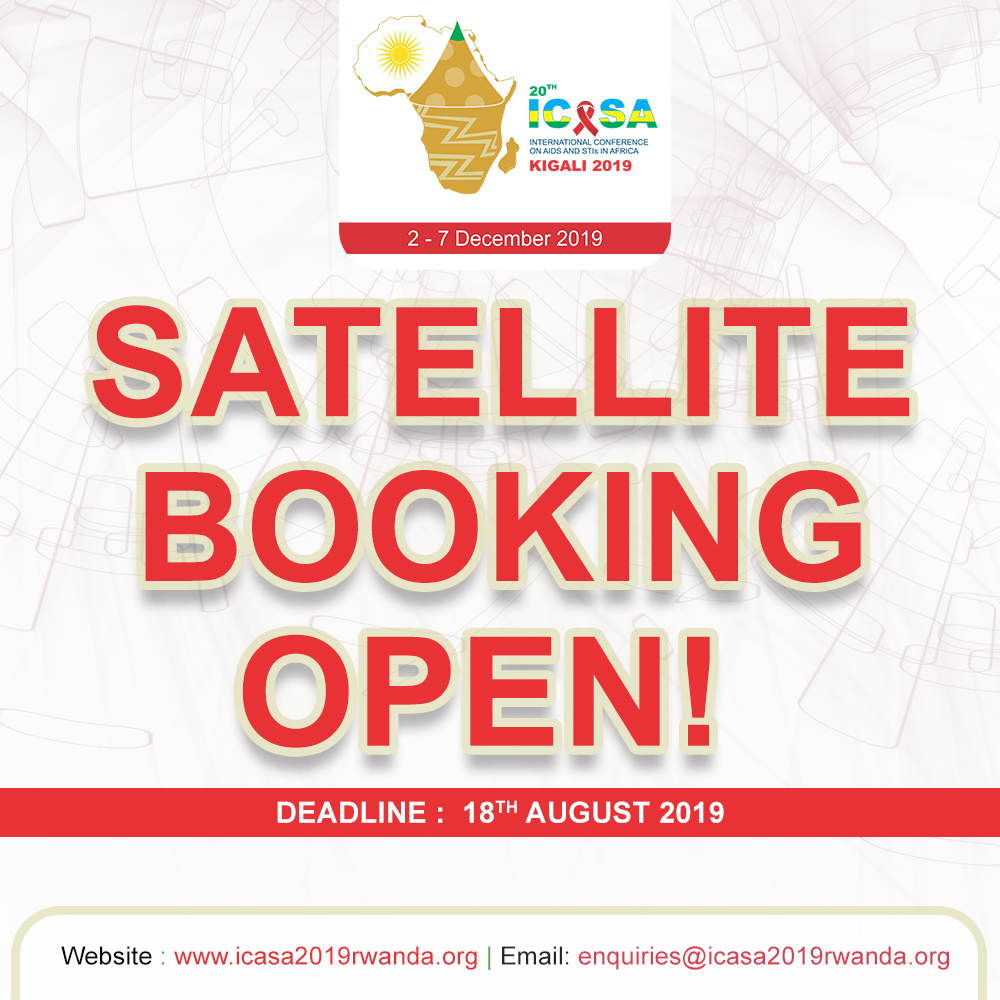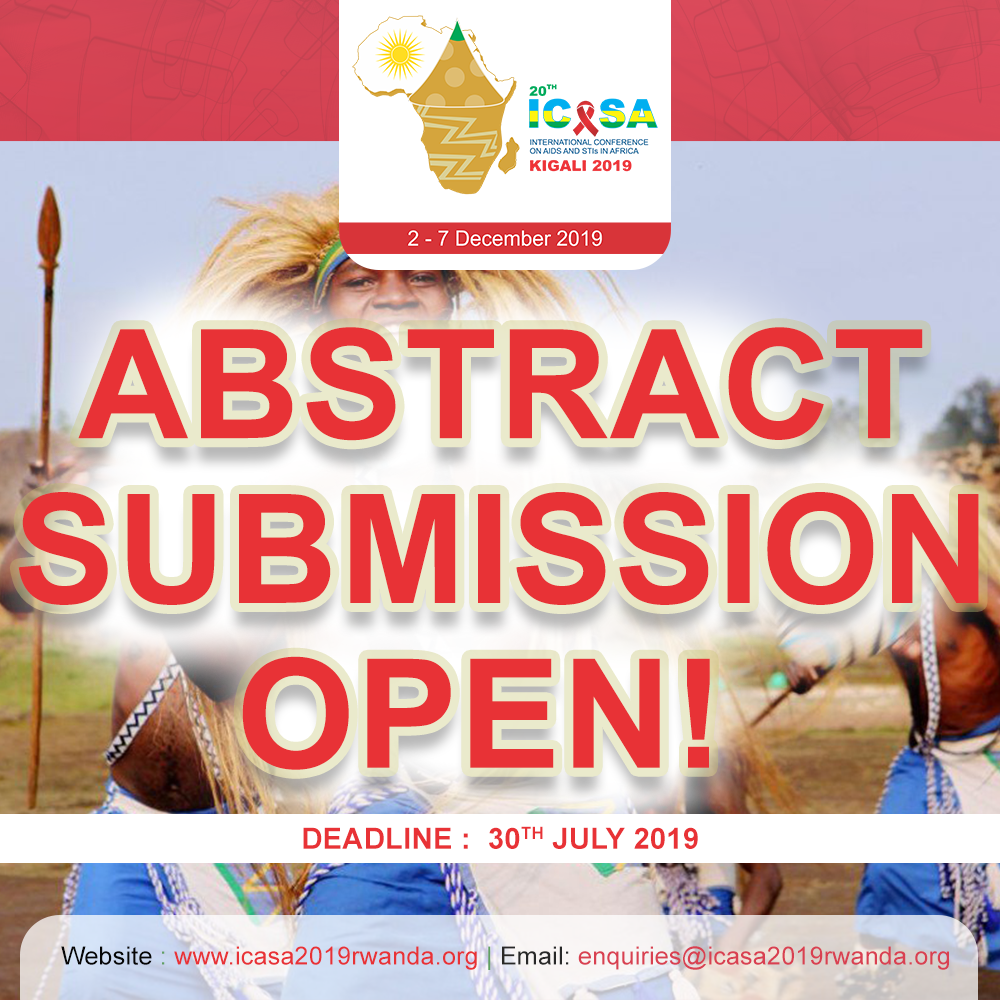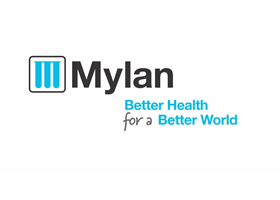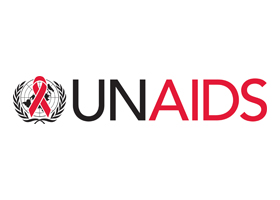Time: 10:45 - 11: 20
Venue: Auditorium
Reporter: Ingrid UWASE
The closing ceremony started by the show of a short video highlighting how ICASA 2019 Rwanda went. Colonel (DR) Alain AZONDEKON, the Chief Rapporteur presented the main conclusions and recommendations. He highlighted that political leaders have to promote health rights as human rights, address gender inequality, and to respect vulnerable populations during the designing and implementation of health policies. The government has to mobilize domestic resources to finance health budget in their respective countries. It was recommended the new and innovative health solutions needs to be developed, policies and guidelines needs to be more inclusive, scientists needs to pay more attention to what communities suggest. Mental health is a big issue that needs to addressed as part of the package for HIV care and people living with disabilities needs more information and knowledge to enable them make the right decisions.
Madam Jeanne Gapiya Niyonzima, represented the community. For her, community means people who are infected and affected by HIV, sex workers, MSM, drug users, and prisoners who are at a high risk of contracting HIV infected. She thanked His Excellency President Paul Kagame for his advocacy efforts while serving as the Chair of the African Union so that African governments can invest 15% of their revenues in health. She thanked Her Excellency, Madam Jeannette Kagame, for her investment in the control of HIV in Rwanda and Africa in general. She noted that political leadership is crucial to accelerate the HIV response. Yet, partnerships with civil society organizations, faith based organizations, donors, youth is important to end the HIV epidemic. Despite the recognised critical role of the community, community members still face discrimination and stigma for who they and how they live. Communities are requesting for complementarity and not competition. They have proven throughout history to be able to make a difference. She highlighted that it is unacceptable to be treated as second zone, counting dead people, the silence of government on death from diseases related to HIV, and poor systems to support the community response. The audience were reminded not to leave behind Middle East and North Africa.
Mr. Mabingue NGOM, the Regional Director of UNFPA, appreciated how organisation of ICASA. He noted it provided a unique platform for leaders, activists, young people, communities, scientists to interact on how to end the HIV epidemic in Africa. He appreciated how sessions recognized the leadership role of the youth in the fight against HIV. The response to the HIV/AIDS in Rwanda is an example of how political leadership impact in the achievement of goals. Therefore, it is fundamental to strengthen the role of political leadership. It is also necessity to ensure that every African child get access to Comprehensive Sexual Education. Laws need to be reformed, and make laws that value family planning. It is time to end the epidemic as Rwanda energized and inspired us to go back and do better.
Prof. John IDOKO, ICASA President, stated that ICASA 2019 had close to nine thousand participants from 152 countries in attendance. During ICASA we learnt new ways of prevention, how to integrate HIV response with other diseases response, we also learnt about the power of communities and the importance of mobilizing domestic resources. Never to forget the Abuja commitment. Next ICASA will take place in 2021 and more details will be communicated on the ICASA Official Website.
Dr. Diane Gashumba, Rwandan Minister of Health, gave the closing remarks. As the government of Rwanda they were thrilled to host ICASA 2019 as it had given them a chance to share the Rwandan story and experience. It was also a great opportunity to learn from the 152 countries that were represented. She emphasized that health should be seen as an investment progress is to be made with the HIV response. It is extremely crucial to live safe and healthy lives. Leaders committed to investment more in health, with commitment to the wellbeing of adolescents and girls in particular. She recognized that challenges remain on how to improve mental health management. She thanked everyone who attended, donors who made realization of ICASA, UNAIDS, WHO,ICASA volunteers and many others who helped. We are stronger together she noted. She encouraged everyone to keep the important discussions going and put lessons learnt into practice. She welcomed those who travelled into Rwanda to accept Hthe President’s invitation to extend their stay as long as they want. Rwanda was made happy and felt appreciated.


